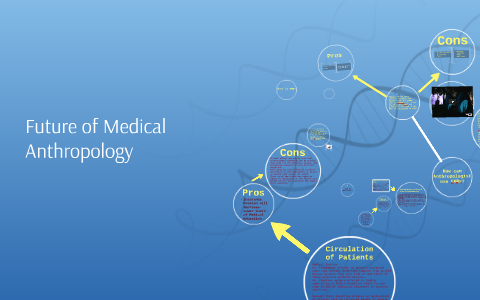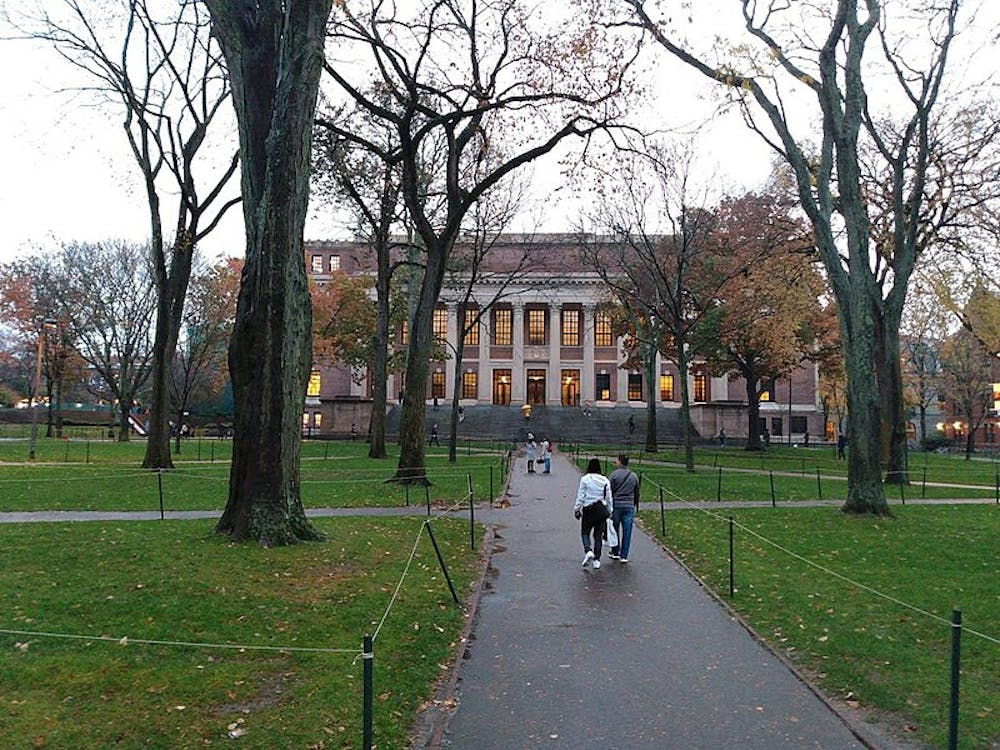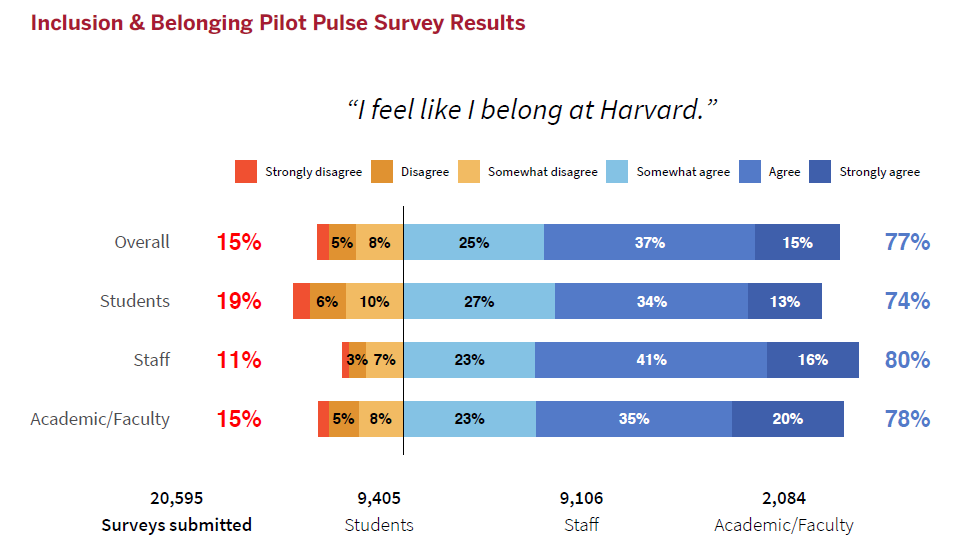The **Future of Medical Anthropology** is poised at a fascinating crossroads, shaped by the insights of pioneers like Arthur Kleinman. As the esteemed professor wrapped up his last Harvard seminar on this pivotal topic, he emphasized medicine’s interplay with the broader human condition and cross-cultural understanding. Kleinman’s approach transcends traditional medical frameworks, advocating for a compassionate perspective that is essential for improving global health outcomes. With nearly five decades of experience, he has profoundly influenced the field, guiding countless students through the nuanced landscapes of healthcare across different cultures. The continued evolution of medical anthropology will undoubtedly reflect his dedication to understanding and addressing the complexities of human well-being.
Envisioning the **evolution of healthcare anthropology**, we find ourselves in a dynamic era where traditional paradigms are increasingly challenged. This discipline, which examines the interplay between human health and cultural practices, is being shaped by contemporary thinkers who prioritize empathy and cross-cultural dialogues. As the field develops, new methodologies will emerge, focusing on how societal influences affect individual health experiences. Moreover, esteemed voices, such as Arthur Kleinman’s, continue to inspire a generations’ commitment to improving the human experience through comprehensive and contextualized approaches to health. This shift ensures that the future of medical anthropology remains relevant and impactful in understanding diverse health practices.
The Legacy of Arthur Kleinman in Medical Anthropology
Arthur Kleinman’s profound impact on the field of medical anthropology is underscored by his innovative approach that bridges the gap between the sciences and the humanities. His emphasis on ‘care’ as a critical aspect of medical practice highlights the need for a multidisciplinary perspective when addressing health issues. By merging his expertise in psychiatry with anthropological insights, Kleinman has pioneered methods that encourage a deeper understanding of the human condition. His work has instigated conversations about how cultural contexts can influence health and healing practices.
Throughout his nearly five-decade career at Harvard, Kleinman introduced groundbreaking concepts in medical anthropology, including the exploration of illness narratives and the significance of local cultural beliefs in shaping patient experiences. This focus on cross-cultural understanding has not only galvanized academic inquiry but has also influenced medical professionals to adopt a more empathetic, culturally sensitive approach to healthcare. As he prepares for retirement, Kleinman leaves behind a legacy of intellectual rigor and a network of students who carry forward his vision of integrating cultural awareness into medical practice.
Exploring the Future of Medical Anthropology
The future of medical anthropology hangs in a balance defined by ongoing global health challenges and the growing necessity for interdisciplinary collaboration. As articulated in Kleinman’s final seminar, there is an urgent need to refine approaches in understanding health that incorporate not just biomedical perspectives but also the sociocultural determinants of well-being. This future entails fostering a deeper engagement with communities, an understanding of diverse healthcare systems, and an acknowledgment of patients’ narratives. It is through this lens that medical anthropology will continue to shape health policies that are both effective and culturally appropriate.
Emerging scholars in the field are called to build upon the foundations laid by pioneers like Kleinman, integrating advancements in technology with age-old anthropological wisdom. As medical anthropology evolves, it must also embrace new methods of data collection and analysis to respond to contemporary health crises, such as those seen during the COVID-19 pandemic. This adaptation will require future practitioners to be adept in both qualitative and quantitative research, allowing them to present holistic solutions that address the complexities of health on a global scale.
Kleinman’s Philosophy: Improving the Human Condition
Kleinman’s mantra of improving the human condition resonates throughout his work and teaching philosophy. He believes that knowledge should not merely serve academic or commercial enterprises, but should be a tool for enhancing human welfare. This perspective encourages future medical anthropologists to focus on the ethical implications of their research and practice. By realizing that healthcare is inherently tied to moral obligations and community values, they can work towards solutions that are genuinely transformative and supportive of the vulnerable.
Moreover, Kleinman’s approach underscores the importance of empathy in medical practice, encouraging practitioners to view patients not just as individuals with symptoms, but as persons with stories, backgrounds, and cultural contexts. This holistic consideration is essential in creating a healthcare environment that nurtures trust and facilitates healing. As Kleinman’s career comes to a close, his philosophy remains a guiding principle for current and future generations, reminding them of the paramount importance of compassion in the field of medical anthropology.
Cross-Cultural Understanding in Medical Anthropology
Cross-cultural understanding is a cornerstone of medical anthropology, a fact that Kleinman has emphasized throughout his career. The ability to recognize and respect cultural differences in health beliefs and practices is vital in today’s globalized world. Kleinman has advocated for anthropologists to engage directly with the communities they study, which not only enriches the research but also enhances the cultural competence of medical practitioners. This engagement fosters an environment where diverse perspectives contribute to more comprehensive healthcare solutions.
As demographics continue to shift and define new healthcare challenges, the role of medical anthropology in promoting cross-cultural understanding becomes increasingly important. Future practitioners must be equipped with the skills to navigate different cultural contexts, effectively communicate with diverse populations, and apply anthropological insights to improve patient care. Kleinman’s work serves as a blueprint for fostering this understanding, pushing the boundaries of traditional medical training to incorporate lessons from anthropology into everyday practice.
The Role of Mentorship in Medical Anthropology Education
Mentorship is a pivotal element of education in medical anthropology, and Kleinman’s influence on his students illustrates its profound impact. By nurturing a classroom environment that emphasizes critical thinking and compassion, he has trained generations of anthropologists who will carry forward his legacy. Many of his former students have gone on to reinforce these values, emphasizing the importance of mentorship in shaping future leaders in the field. Kleinman’s formal farewell seminar highlighted the direct impact he had on his students’ careers, showcasing how mentorship can cultivate both academic excellence and ethical leadership.
Through mentorship, Kleinman taught students not only the technical aspects of medical anthropology but also the moral responsibility that comes with understanding the human condition. This holistic approach has created a ripple effect, preparing students to serve as empathetic practitioners in a variety of health-related fields. As medical anthropology continues to evolve, the necessity for strong mentorship will remain critical to ensuring that future practitioners possess both the intellectual rigor and ethical framework needed to address global health disparities.
The Intersection of Humanities and Medical Science
Kleinman’s unique synthesis of the humanities and medical science offers a compelling perspective on health and illness. His assertion that care should be understood as a vital aspect of human experience prompts a reevaluation of how medical professionals approach care delivery. By integrating theories and methods from the humanities, practitioners can develop a more nuanced understanding of patients’ experiences, allowing for a richer interpretation of healthcare challenges. This connection between the two fields fosters a more compassionate approach to healing.
Additionally, the intersection of these disciplines has paved the way for a broader understanding of health beyond mere biological factors. The cultural narratives surrounding health conditions and the social determinants of health must be understood and addressed to cultivate true well-being. Kleinman’s work highlights the importance of this interdisciplinary dialogue, encouraging medical anthropologists to advocate for health systems that are responsive to the realities of patients’ lives. The future of medical anthropology lies in this enriched dialogue, reaffirming the crucial role of humanities in shaping medical practices.
The Importance of Patient Narratives in Healthcare
Arthur Kleinman’s focus on patient narratives underscores the significance of personal stories in healthcare decision-making processes. He encourages practitioners to listen actively to patients, as these narratives provide critical insights into their experiences, beliefs, and expectations about health and healing. By valuing patient voices, medical professionals can offer more personalized care that respects individual cultural contexts. This approach not only enhances the therapeutic relationship but can also lead to better health outcomes.
The integration of patient narratives into medical anthropology promotes an understanding of how cultural background influences health behaviors and attitudes towards illness. This understanding is crucial for developing interventions that are culturally sensitive and effective. Kleinman has demonstrated that health care cannot be fully understood or practiced without considering individual experiences and cultural narratives. Thus, the future of medical anthropology must continue to advocate for research methodologies that embrace and prioritize these narratives.
Kleinman’s Contributions to Global Health Initiatives
Arthur Kleinman has been a vocal advocate for the integration of medical anthropology into global health initiatives, emphasizing the need for culturally informed approaches to healthcare delivery. His work has illuminated the disparities in health outcomes experienced by marginalized populations, pushing for policies that address these inequalities. By integrating anthropological insights into global health strategies, Kleinman has shown that understanding the social and cultural context of health is essential for developing effective interventions.
As global health continues to evolve in response to crises such as pandemics and humanitarian emergencies, Kleinman’s contributions serve as a reminder of the importance of incorporating diverse perspectives into health initiatives. Future work in this area must prioritize collaborative efforts that include voices from affected communities, ensuring that health programs reflect their unique contexts and needs. Kleinman’s legacy reinforces the idea that medical anthropology is not just an academic pursuit, but a crucial component in the quest for health equity worldwide.
The Influence of Kleinman’s Works on Future Scholars
Kleinman’s seminal texts, such as “Patients and Healers in the Context of Culture,” have left an indelible mark on the field of medical anthropology, influencing countless scholars and practitioners. His ability to weave together personal and cultural narratives into a cohesive framework has encouraged future anthropologists to approach the study of health with a critical eye towards cultural influences. As these works continue to be referenced in academic settings, they serve as foundational texts that shape the curriculum of medical anthropology programs around the world.
For future scholars, Kleinman’s work exemplifies the transformative potential of medical anthropology in addressing real-world health challenges. His advocacy for compassionate care and social justice resonates deeply within the field, encouraging new generations to explore the intersections of health, culture, and ethics. As the discipline evolves, the principles laid out by Kleinman will continue to inspire emerging researchers to engage with both theoretical frameworks and practical applications to promote health equity and improve the human condition.
Frequently Asked Questions
What is the Future of Medical Anthropology as envisioned by Arthur Kleinman?
The Future of Medical Anthropology, as highlighted by Arthur Kleinman, focuses on the core principle that care is paramount in improving the human condition. Kleinman’s insights from nearly 50 years in the field emphasize the importance of understanding health within a cultural context, bridging medicine, social science, and the humanities for a more holistic approach to healthcare.
How has Arthur Kleinman influenced the Future of Medical Anthropology at Harvard?
Arthur Kleinman has significantly shaped the Future of Medical Anthropology at Harvard through his pioneering work and the establishment of the first medical anthropology course. His teachings have emphasized cross-cultural understanding and the importance of care in medicine, influencing generations of students and researchers dedicated to advancing this field.
What role do cross-cultural understandings play in the Future of Medical Anthropology?
Cross-cultural understanding is fundamental to the Future of Medical Anthropology, as articulated by Arthur Kleinman. It allows practitioners and researchers to appreciate diverse health beliefs and practices, essential for improving global health outcomes and personalizing care in multicultural contexts.
What impacts have Kleinman’s seminars had on students in the field of Medical Anthropology?
Arthur Kleinman’s seminars on the Future of Medical Anthropology have profoundly impacted students by fostering a deep appreciation for the intersection of culture and healthcare. His teachings encourage students to critically analyze how to address the human condition effectively through informed and compassionate medical practices.
How does the Future of Medical Anthropology envision advancing the human condition?
The Future of Medical Anthropology envisions advancing the human condition by integrating insights from social sciences and humanities into healthcare practices. As Arthur Kleinman articulated, this approach promotes well-being by understanding health through diverse cultural lenses and prioritizing care in all medical interactions.
What key themes emerged during Kleinman’s final seminar on the Future of Medical Anthropology?
Key themes during Arthur Kleinman’s final seminar included the significance of care in medical practice, the necessity for cross-cultural dialogue, and a critical examination of how anthropology can directly impact health outcomes and improve the human condition.
Which notable figures participated in Kleinman’s final seminar on the Future of Medical Anthropology?
Kleinman’s final seminar attracted notable figures such as former World Bank President Jim Yong Kim and Harvard faculty members like Salmaan Keshavjee and Anne Becker, all of whom highlighted his influential role in shaping medical anthropology and promoting wellbeing.
What legacy is Arthur Kleinman leaving for the Future of Medical Anthropology?
Arthur Kleinman’s legacy for the Future of Medical Anthropology includes the foundational principles he established in the field, his extensive body of work that bridges medicine and culture, and his mentorship of a diverse range of students dedicated to understanding and improving the human condition.
How does the work of Arthur Kleinman relate to global health delivery in the context of Medical Anthropology?
Arthur Kleinman’s work is closely related to global health delivery as it emphasizes the centrality of care and cultural understanding in effective health interventions. His focus on the human condition within a cross-cultural framework informs policies and practices aimed at improving health outcomes worldwide.
What can students learn from Arthur Kleinman’s approach to Medical Anthropology?
Students can learn from Arthur Kleinman’s approach to Medical Anthropology the importance of integrating cultural insights into healthcare practices, prioritizing patient care, and understanding the diverse human experiences that shape health beliefs and practices across cultures.
| Key Points | Details |
|---|---|
| Final Seminar by Arthur Kleinman | Held on April 29, concluding Kleinman’s teaching career at Harvard. |
| Significant Attendance | Nearly 200 current and former students attended in person; others joined via Zoom. |
| Kleinman’s Career | Kleinman has been a pioneer in medical anthropology and contributed significantly for nearly 50 years. |
| Impact on Students | Former students praised Kleinman for his influence on their paths, fostering cross-cultural understanding. |
| Influential Works | Highlighted his notable works such as ‘Patients and Healers in the Context of Culture’ and ‘The Soul of Care’. |
| Retirement Plans | Kleinman plans to retire officially in July 2026. |
Summary
The Future of Medical Anthropology is shaped by the profound contributions of thought leaders like Arthur Kleinman, who has significantly influenced the field through decades of dedicated research and teaching. As Kleinman retires from Harvard, his legacy reminds us that understanding care, culture, and the human condition remains vital in medical anthropology. His insights pave the way for future generations to explore and improve global health practices.




